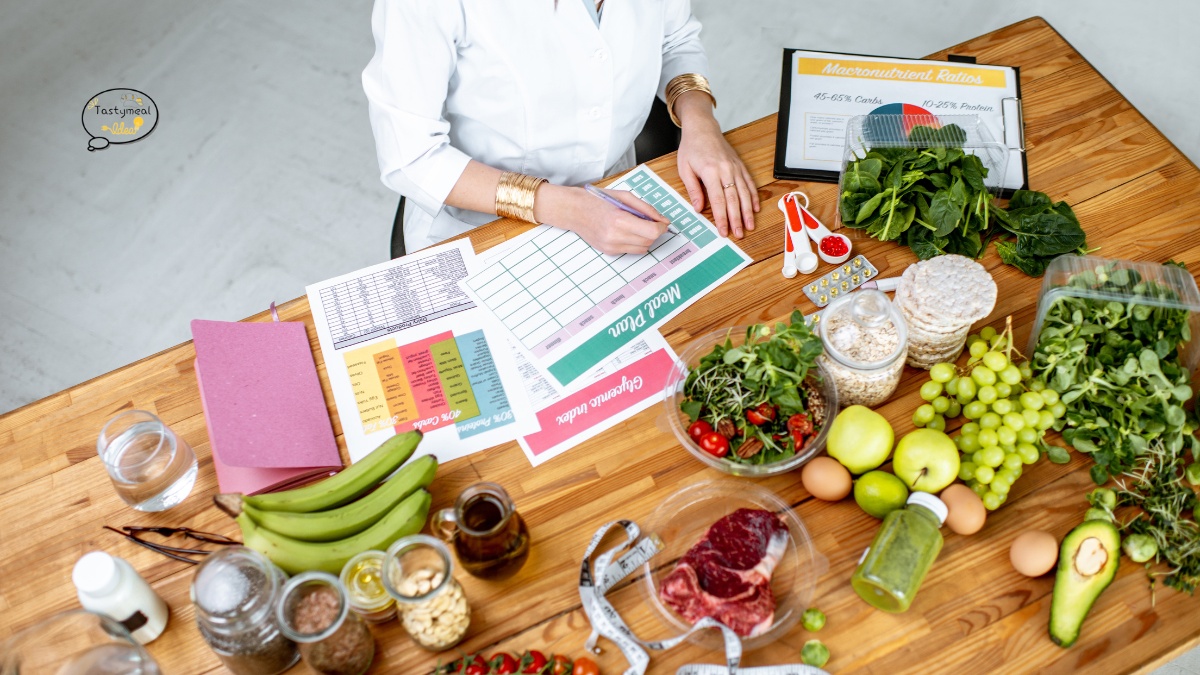In today’s economy, managing your food budget without compromising on flavor can be a significant challenge. However, with the right strategies and a few clever hacks, you can enjoy delicious meals while saving money and reducing food waste. Here are some budget-friendly food hacks to help you achieve this balance.
Contents
Plan Ahead and Budget
The foundation of saving money on food starts with planning. Creating a meal plan and sticking to it can significantly reduce food waste and unnecessary purchases. Here’s how you can do it effectively:
- Make a Budget and Meal Plan: Write down a shopping list that corresponds to your meal plan. This ensures you only buy what you need, mitigating the risk of buying excess food that might go to waste.
- Be Prepared to Swap Ingredients: If certain ingredients are not available or have increased in price, be ready to substitute them with alternatives. This flexibility can help you save money without altering the flavor profile of your meals.
Reuse and Repurpose Leftovers
Leftovers are a treasure trove of budget-friendly meals. Here are some tips on how to reuse them creatively:
- Eat One, Freeze One: When cooking, make double the amount you need and freeze the extra for future meals. This approach works well for dishes like Bolognese, stews, curries, and pies.
- Use Leftovers in Different Meals: Plan to use the same meal for more than one lunch or dinner. For example, last night’s roast chicken can become tomorrow’s chicken salad or soup.
Buy in Bulk and Freeze
Buying in bulk and freezing items can save you a significant amount of money in the long run.
- Bulk Shopping: Purchase items like grains, beans, and canned goods in bulk. These items are often cheaper when bought in larger quantities and can be stored for a long time.
- Freeze Herbs and Vegetables: Freeze fresh herbs and vegetables to use them later. Frozen vegetables are just as nutritious as fresh ones and can be easily added to meals without wasting any part of the vegetable.
- Freeze Meals: Freeze cooked meals like soups, stews, and casseroles. Labeling and organizing your freezer contents can help you keep track of what you have and ensure nothing goes to waste.
Also Read: No-Bake, No Fuss: Sweet and Savory Recipes
Opt for Cheaper Alternatives
Choosing cheaper alternatives without compromising on flavor is a key aspect of budget-friendly cooking.
- Choose Cheaper Cuts of Meat: Opt for cheaper cuts of meat like chicken thighs instead of breasts, or lamb neck instead of lamb chops. These cuts are often more flavorful and significantly cheaper.
- Use Cured Meats: Cured meats like chorizo or ‘nduja can add a lot of flavor to your meals with just a few slices. This approach allows you to buy better quality meat in smaller quantities.
Shop Smart
Shopping smart is crucial to saving money on groceries. Here are some tips to help you shop more efficiently:
- Shop the High and Low Shelves: Companies often pay more for eye-level shelves, which means the products placed there are usually more expensive. Shopping from the high and low shelves can help you find cheaper alternatives.
- Buy Off-Brand Products: Store-brand products are often cheaper and use the same ingredients as name-brand products. This can be a significant cost saver without any compromise on quality.
- Shop for In-Season Produce: Fresh produce can be expensive, but buying in-season fruits and vegetables can save you money. Additionally, consider buying from local farms, which can reduce importing costs.
Reduce Food Waste
Reducing food waste is not only budget-friendly but also environmentally friendly. Here are some hacks to help you reduce waste:
- Regrow Lettuce from Stalks: You can regrow lettuce from the stalks you would otherwise throw away. Simply place the stalks in a bowl of water and watch them regrow.
- Use Every Part of the Vegetable: Use all parts of vegetables like cauliflower and broccoli. Trim any woody bits and cook the stalks along with the florets to reduce waste.
- Make Milk and Cookies Ice Cubes: Use up milk before it goes off by making milk and cookies ice cubes. These can be added to milkshakes or used as a cool treat for kids.
Creative Cooking Tips
Here are some creative cooking tips to save money and enhance flavor:
- Batch Cook Basic Ingredients: When making tomato sauce or other basic ingredients, make extra and freeze it in portions. This can be used in various meals later, saving time and money.
- Peel Ginger with a Spoon: Peeling ginger with a spoon is easier and less wasteful than using a knife. This simple hack can save you money by reducing ginger waste.
- Make Your Own Buttermilk: Instead of buying buttermilk, make your own by mixing milk with lemon juice. This is a cost-effective way to have buttermilk on hand for baking.
Conclusion
Saving money on food without sacrificing flavor is achievable with the right strategies and hacks. By planning ahead, reusing leftovers, buying in bulk, and shopping smart, you can enjoy delicious meals while keeping your budget in check. These budget-friendly food hacks not only save you money but also help reduce food waste, making them a win-win for both your wallet and the environment.
So next time you’re planning your meals, remember these tips and start cooking your way to a more budget-friendly and sustainable kitchen.
Also Read: 10 Genius Food Hacks to Cut Your Cooking Time in Half
FAQ
How Can I Plan My Meals Effectively to Save Money?
Creating a meal plan is crucial for saving money on food. Plan your meals for the week, make a shopping list based on your meal plan, and stick to it. This helps you buy only what you need, reducing food waste and unnecessary purchases. You can also plan to use the same ingredients for multiple meals to maximize your budget.
What Are the Benefits of Buying in Bulk and Freezing Food?
Buying in bulk and freezing food can significantly save you money. Bulk purchases often come at a lower cost per unit, and freezing items like meats, vegetables, and cooked meals allows you to use them later, reducing waste and the need for frequent shopping trips.
How Can I Shop Smart to Get the Best Deals?
To shop smart, consider shopping the high and low shelves in grocery aisles, as companies pay more for eye-level shelves, making those products more expensive. Also, check the clearance aisle for discounted items and opt for store-brand products, which are often cheaper but use the same ingredients as name-brand products.
What Are Some Creative Ways to Use Leftovers?
Using leftovers creatively is a great way to save money and reduce waste. Plan to use the same meal for more than one lunch or dinner, and freeze leftovers for future meals. You can also repurpose leftovers into different dishes; for example, last night’s roast chicken can become tomorrow’s chicken salad or soup.
How Can I Save Money When Eating Out?
While cooking at home is generally cheaper, there are ways to save money when eating out. Look for restaurants that offer buy-one-get-one deals or discounted meals, such as Chipotle’s Burrito Bowls or Little Caesars’ pizza deals. Ordering online and picking up your meal can also help avoid impulsive purchases and save on delivery fees[2]. Additionally, consider using grocery rewards cards or apps that offer exclusive savings on food purchases.

